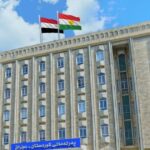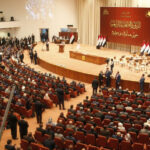The transition period of Barzani
The era of Barzani’s father, Mustafa Barzani, was marred by bloodshed and the crushing of a nation’s dreams. It was not a revolution but rather the beginning of a legacy that forced the nation to pay the price for the Barzani family’s future rule. After the collapse of the 1975 revolution, it resumed in 1976 with the same bloody ambition.
Leaders in the Middle East have long entrenched themselves in positions of near-divine authority, with no intention of relinquishing power. They do not step down; they either die, are killed, or are forcibly removed.
Though Mr. Massoud Barzani announced during the last PKK congress that his resignation from the presidency would not mark the end of his influence, he is now 78 years old, and it seems his grip on power persists. His father, with the backing of his elder brother Idris, cleared any obstacles to ensure the Barzani family’s continued dominance, leading to significant internal purges within the party.
Mr. Massoud’s refusal to step aside after suspending the referendum results only cemented his desire for vengeance and the imposition of his son as his successor. This reflects the larger issue: Mr. Massoud is a leader of his time, but his current role has shifted from serving the nation to ensuring his son’s succession.
While Mr. Massoud failed to establish a Kurdish state, his insistence on remaining in power and his unwavering support for his son have undone much progress, bringing the Kurdish federal region back to the days of personal rule in the 1970s.
It is time for Mr. Massoud to step down. History has shown that even the most dominant leaders must eventually relinquish power. For instance, after Bismarck and Hitler, no leader ruled Germany as long as Merkel, yet she withdrew, and the country did not collapse. Mr. Massoud’s continued hold on power not only blocks the path for rightful governance but also risks further dividing the region.
Staying in his current position will tarnish his legacy, dragging the region into a more difficult and divisive future, while his unwavering support for his son is a disservice to both the nation and the historical rights of the Kurdish people.
Author Profile
- Diyar Harki is an independent investigative journalist and human rights advocate. As a member of the National Union of Journalists (NUJ), he focuses on exposing corruption and human rights abuses in Kurdistan and Iraq. He voluntarily contributes to Kurdfile Media.
 Kurdistan18 January 2026Will the Terrorists Be Released?
Kurdistan18 January 2026Will the Terrorists Be Released? Opinion17 January 2026A Risk That Could Reshape the Kurdistan Region
Opinion17 January 2026A Risk That Could Reshape the Kurdistan Region Reports7 January 2026Kurdistan MPs Receive Millions in Salaries as Parliament Remains Paralyzed
Reports7 January 2026Kurdistan MPs Receive Millions in Salaries as Parliament Remains Paralyzed Political3 January 202634% of Kurdish MPs in Iraqi Parliament Lack Arabic Proficiency
Political3 January 202634% of Kurdish MPs in Iraqi Parliament Lack Arabic Proficiency

